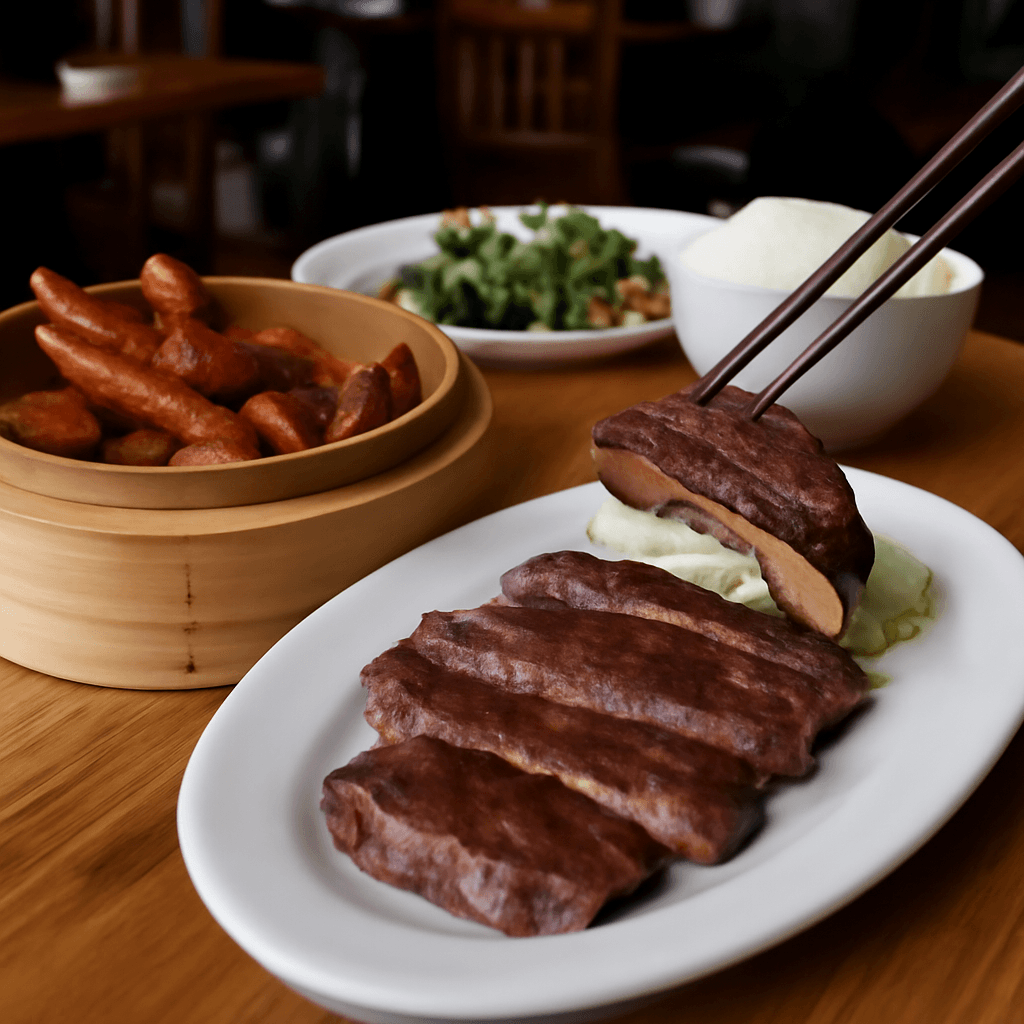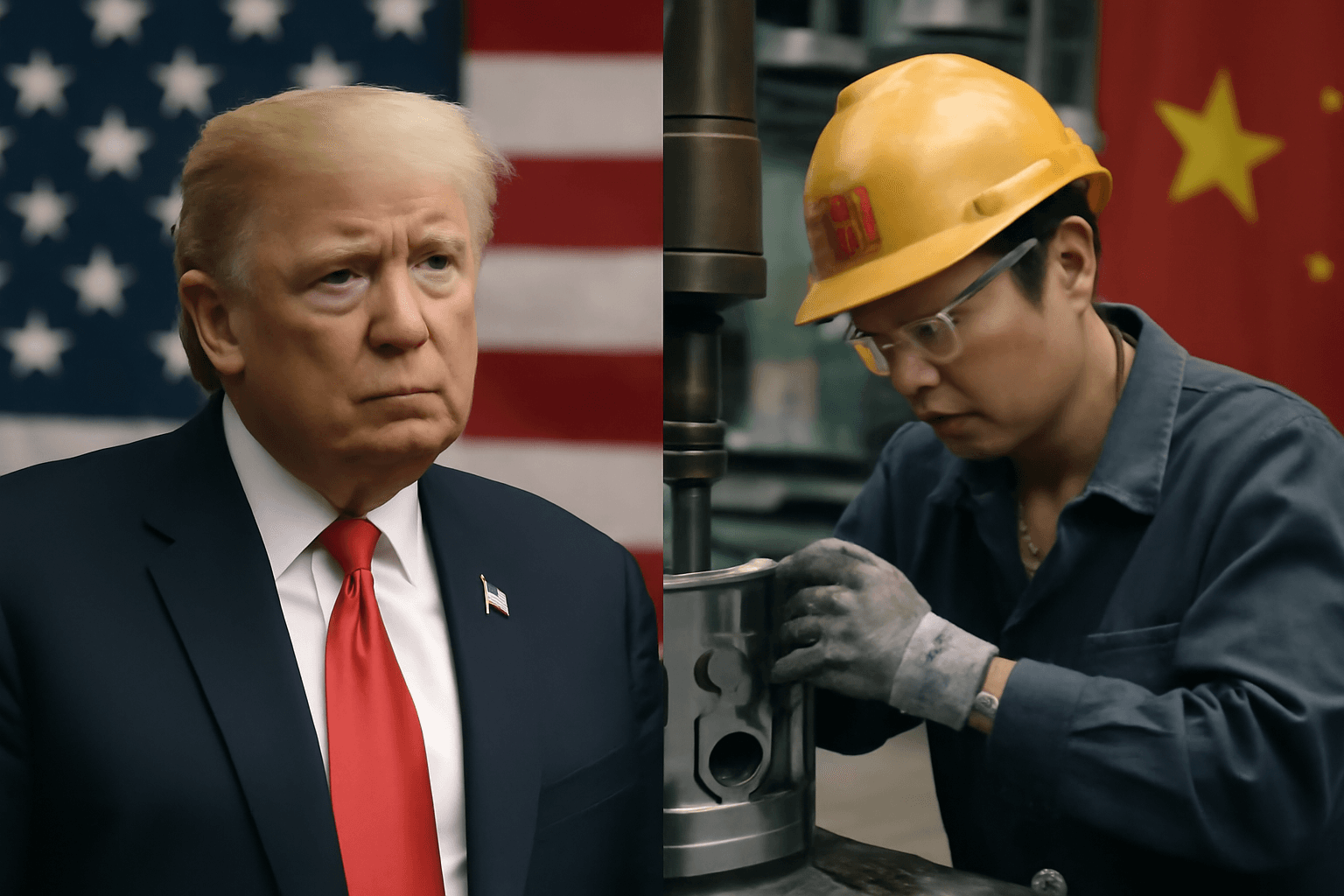American Agricultural Products Lose Presence in Chinese Markets
In recent years, American agricultural products have gradually disappeared from Chinese stores and restaurants, largely impacted by tariffs and ongoing trade uncertainties between the U.S. and China. This shift has led many establishments to switch to alternative imports to maintain their offerings at reasonable prices.
The Decline of American Chicken Feet in Beijing
One notable example is Kunyuan, a Beijing restaurant that once featured a popular dish of salt-baked chicken feet, known in China as "phoenix talons," originally imported from the United States. Due to a 30% price surge since March following new tariffs, the restaurant owner was forced to remove this delicacy from the menu.
"American chicken feet are very appealing," the owner remarked, emphasizing their superior texture and taste compared to locally sourced chicken feet. Although Brazilian and Russian chicken feet have become alternatives, they do not match the quality of the American variety. The restaurant owner hopes political developments will allow the return of reasonably priced American chicken feet in the future.
Impact of Trade Disputes on Food Supply
The pause on tariffs agreed upon by both countries in Geneva is currently at risk amid mutual accusations of breaches. These ongoing tensions have severely affected agricultural imports, with American goods steadily losing market share in China.
Shift from American to Australian Beef in Beijing
Similarly, Home Plate, a popular Beijing restaurant renowned for its American-style barbecue, recently ceased using American beef. Staff confirmed that as of last month, American beef was removed from their menu, replaced instead by beef imported from Australia.
Australian beef benefits from zero-import duties under the China-Australia Free Trade Agreement, although China retains the right to impose safeguard limits on these imports. This factor has made Australian beef a more economically viable option for restaurants under current conditions.
Supply Chain Disruptions and Price Increases
A longtime beef supplier at Beijing's Sanyuanli market highlighted significant disruptions. According to the supplier, tariffs have caused the price of U.S. beef to increase by 50% compared to pre-trade war levels.
He also noted that American beef is generally considered fattier and more flavorful, making it a preferred choice among Chinese consumers. However, the economic impact of tariffs and uncertainty has made its price prohibitively high for many buyers.
Outlook and Industry Perspectives
These developments underline the broader consequences of the ongoing trade disputes on food imports and the culinary landscape in China. As American agricultural products lose traction, alternative suppliers, particularly from Australia and other countries, have gained prominence.
Industry insiders express hope that political stability and trade negotiations will eventually restore access to American products at competitive prices, benefiting restaurants and consumers alike.



















